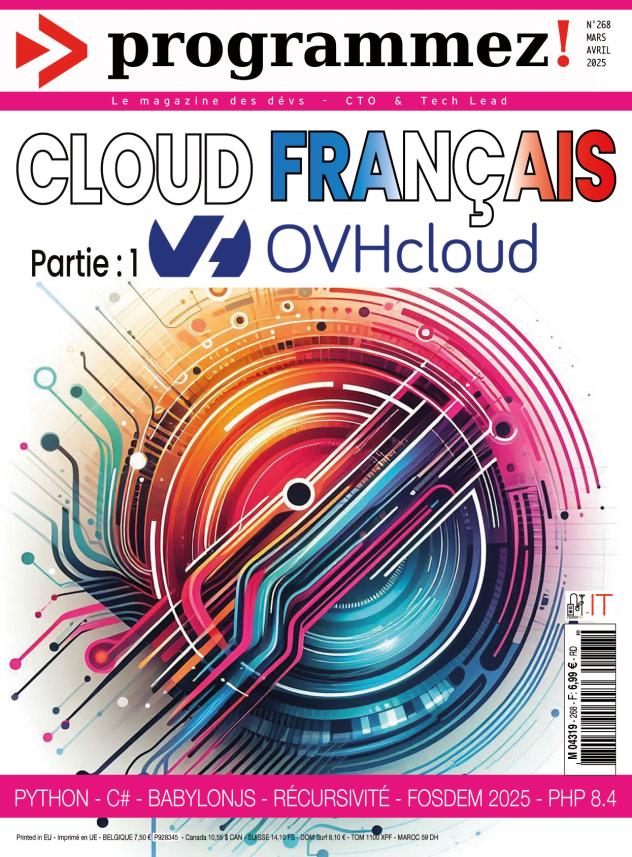Businesses are losing money and jeopardising security to IT sprawl and quick fixes, says Espria
Businesses are losing money and jeopardising security to IT sprawl and quick fixes, says Espria - Opinion

IT Leaders must take action on unchecked technology sprawl and shadow IT that are draining budgets, increasing cyber risks, and complicating their digital environment.
According to a recent study, budgets towards insider risk management have doubled in the past 12 months, with 81% of business leaders looking to secure their internal business infrastructure as geopolitical tensions escalate and remote workforces become the norm.
‘Digital transformation ushered in new possibilities and solutions for computing, but it also introduced a potential forsprawl that burdens IT teams everywhere,' said Brian Sibley, Virtual CTO at Espria.
‘When faced with an urgent problem, it's only natural to install quick-fix tools to manage the situation and catch up with competitors, but without considering the long-term effects, this can snowball into an IT landscape that becomes progressively difficult to manage.
‘Without full visibility of every application in their infrastructure, organisations are exposed to cyber risks and potential compliance violations. Now burdened with growing time and security demands, IT teams are tackling shadow IT risks and unused tools that drain resources.'
The shifting political landscapes will bring further cyber inequity and with the predicted UK economic turbulence for 2025, Sibley believes that organisations must simplify their core IT stack now to become resilient against future troubles.
Sibley continued, ‘While businesses cannot control the political climate, IT leaders can control the cyber resilience of their infrastructure, and this begins with a thorough clean-up of the digital environment. A bloated tech stack and sprawling IT landscape will lead to a lack of oversight that allows malware to sneak in through unpatched vulnerabilities linked to unapproved apps and dormant systems no longer in use.
‘Not to mention, the advancements in AI that have broadened the scope and capabilities of cyber threats, enabling more sophisticated and automated attacks. To get ahead of anychanging market demands and downturns, businesses should organise, optimise and update their IT infrastructure to remain agile and resilient.
Sibley goes on to describe the benefits of cutting and consolidating technology to reduce costs as well as retrofitting with new solutions that fit the business structure.
‘Areas of IT overlap and accumulation of unidentified tools must be addressed by leaders to eliminate potential vulnerabilities from unpatched software. Instead of overbuying products that overwhelm admins and wastes budget, proactive cost cutting and technology consolidation will contribute to a more resilient infrastructure.
‘Working with a managed service provider can help businesses evaluate any redundant software, optimise licensing fees and identify out-of-date hardware. By conducting a thorough assessment of systems, businesses can then identify the essential systems, implement the best fit solutions, and take the necessary steps to consolidate redundant or unnecessary tools.
‘After reducing tech bloat, teams can improve visibility across systems, allowing for better resource allocation and faster troubleshooting. IT leaders are also in a better cash position to invest in the future path to help the business grow.'
Sibley concluded, ‘Unchecked IT infrastructure can undermine the business's security and financial posture and prevents the development of the kind of adaptability required to meet evolving economic challenges/times
‘Without clear visibility of your infrastructure, organisations are leaving gaping holes that must be addressed to avoid serious liabilities such as compliance risks, reputational damage if there's a breach, and costly security remediation and investment. Solving IT sprawl and shadow IT is a critical step toward a secure and scalable technology foundation. The healthier your business environment is today, the more resilient you will be in a downturn.'




































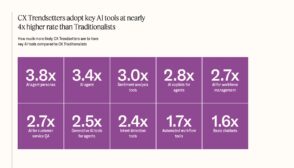


























 (2).webp)


.webp)












































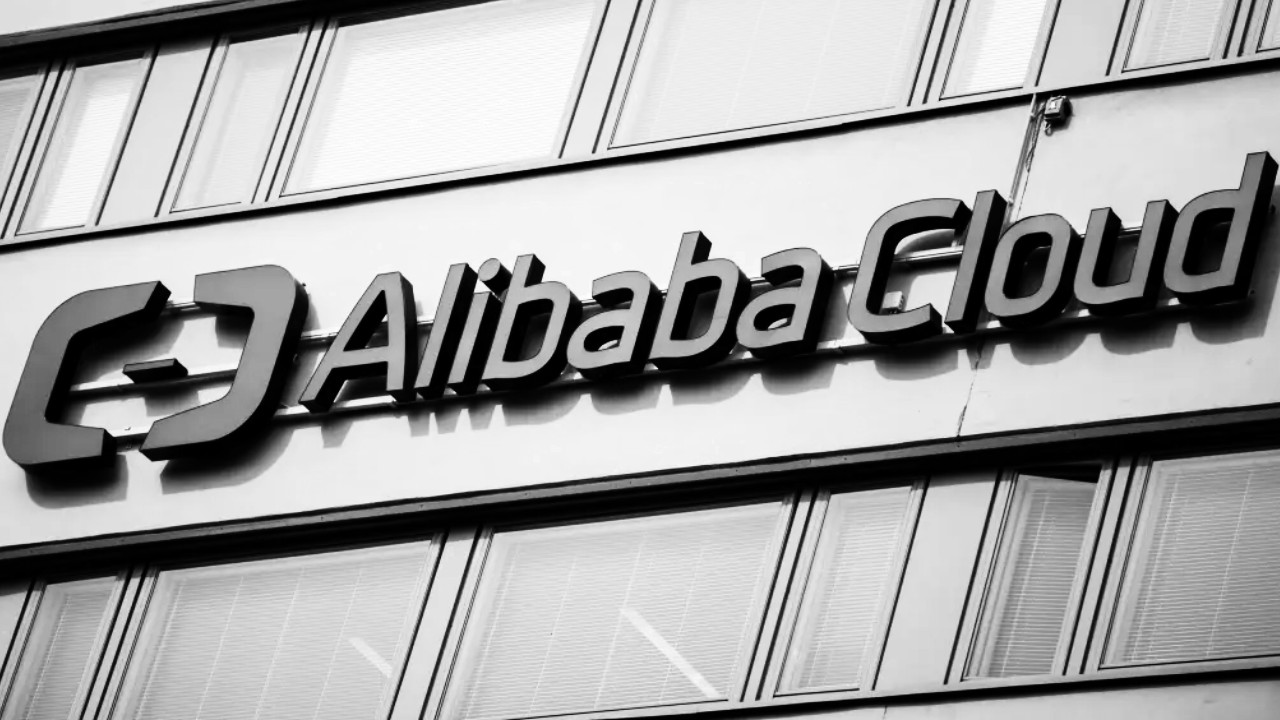



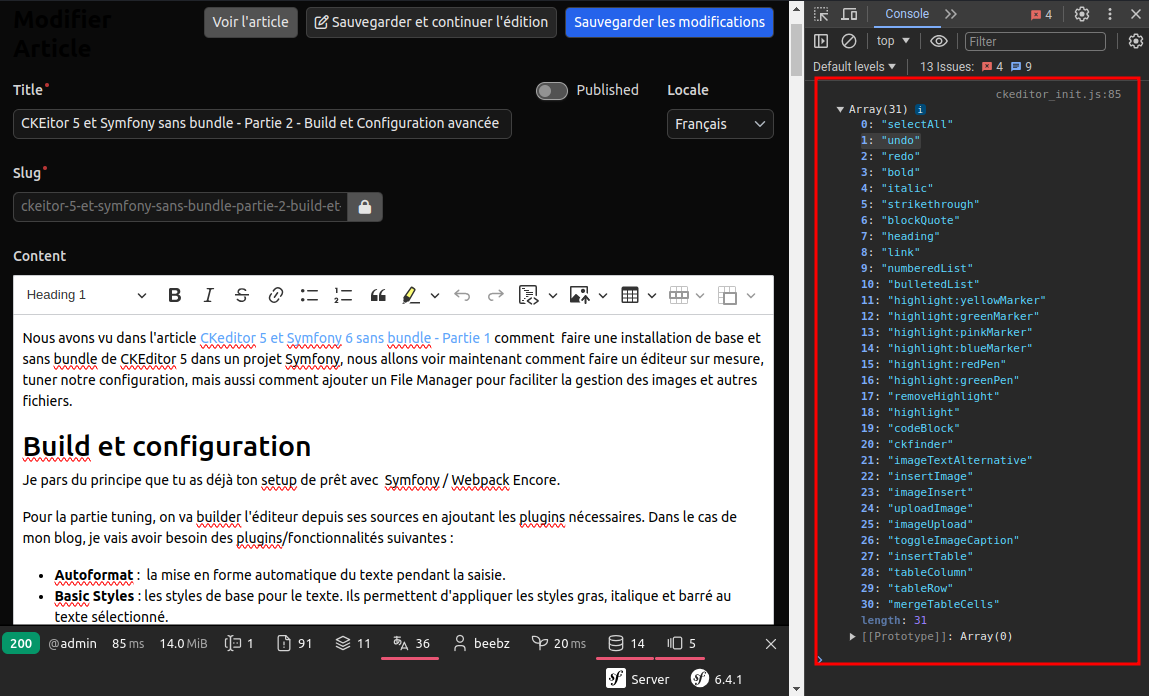














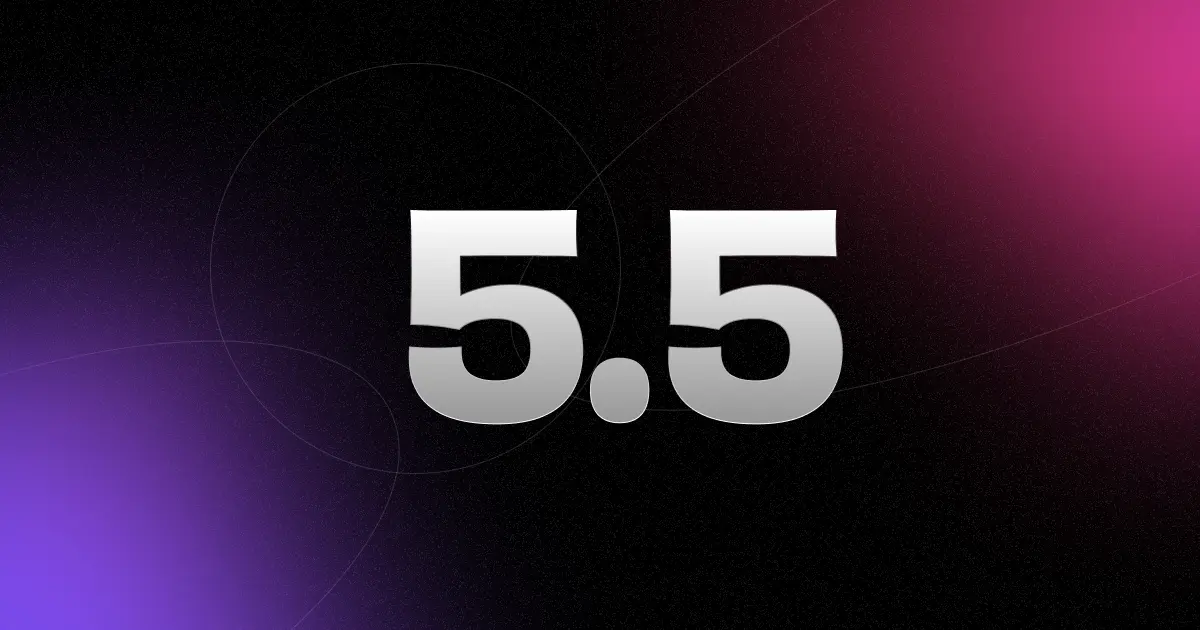




![Bilan 2024 : Les nouveautés Agorapulse pour booster votre stratégie sociale [Infographie]](https://www.agorapulse.com/fr/blog/wp-content/uploads/sites/3/2025/03/FR-New-Favorite-Agorapulse-Features-of-2024-Blogpost-Header-scaled.jpg?#)









